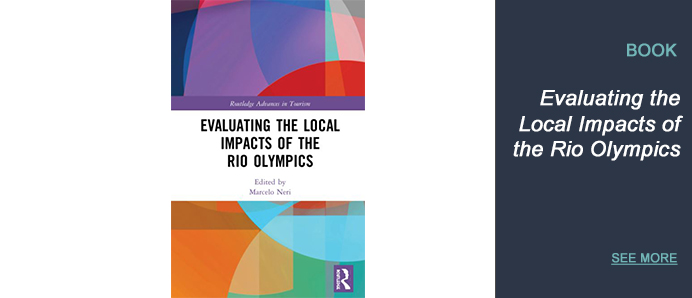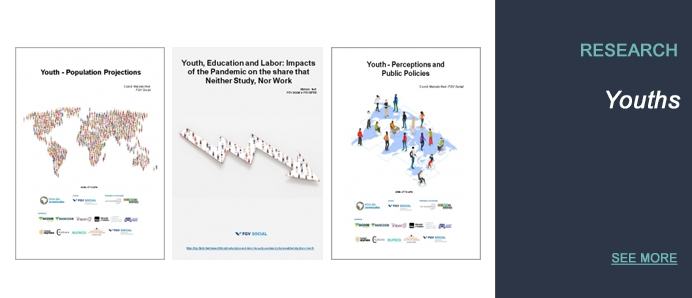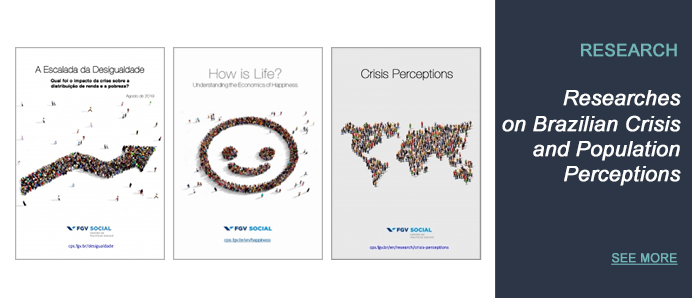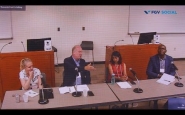Desigualdade e Pobreza
Portuguese, Brazil
AFINAL, O QUE ACONTECEU COM A DESIGUALDADE NO IMPOSTO DE RENDA?
Portuguese, Brazil
MUDANÇAS DE DESIGUALDADE, RENDA E BEM-ESTAR NA INTEGRAÇÃO DA PNAD CONTÍNUA COM DADOS DO IMPOSTO DE RENDA (2012-2020)
Portuguese, Brazil
The measurement and evolution of inequality, growth and poverty in Brazil with a new imputation method
English
The measurement and evolution of inequality, growth and poverty in Brazil with a new imputation method (in english)
Portuguese, Brazil
Top incomes’ impacts on inequality, growth, and social welfare (in english)
English
Top incomes’ impacts on inequality, growth, and social welfare (in english)
Portuguese, Brazil
Fiscal redistribution in Brazil
English
Fiscal redistribution in Brazil (in english)
Portuguese, Brazil
Em Busca do Novo Bolsa Família: Mudanças da Pobreza e Lições dos Auxílios
Portuguese, Brazil
Pages
Books
Researchs
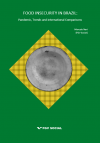 ABSTRACT: Brazil occupies a prominent place on the issue of food insecurity, both because of agricultural production and because of the difficulties...
|
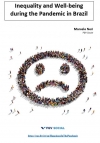
Just over a year after the Covid-19 pandemic hit the country, what has happened to labor income inequality and prosperity since then? What about...
|
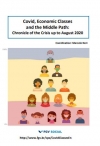 An empirical assessment on Brazilian economic classes based on factual data collected during the Covid-19 pandemic shows that the number of poor...
|
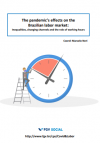 After the first complete quarter under the effects of the Covid-19 pandemic in Brazil (i.e. the months of April, May and June), mean individual labor...
|





